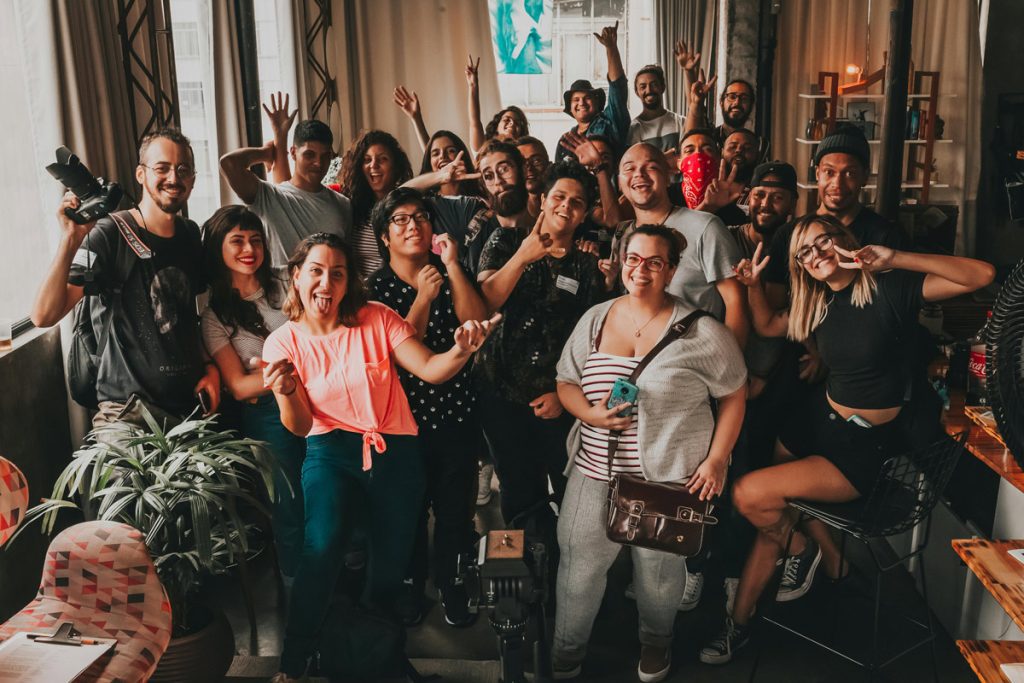Facing mental health challenges, addiction, or both can feel isolating, as though no one truly understands what you’re going through. However, finding genuine connections with others can make all the difference in your recovery. These connections can provide encouragement, accountability, and a much-needed sense of belonging.
As someone in recovery myself, I’ve seen firsthand the impact that community can have on mental health and addiction recovery. Connecting with treatment professionals and others in recovery has shown me just how powerful a support network can be in this journey. Here, we’ll explore how finding and nurturing supportive networks can help rebuild, recover, and discover hope. Recovery isn’t meant to be solitary. Community support can empower you, help you feel understood, and guide you toward a stable, fulfilling life.
The Root of Addiction and Mental Health Issues: Disconnection
A feeling of disconnectedness is often at the core of addiction and mental health struggles. Many individuals facing these challenges experience broken connections with family, friends, and broader support networks. This disconnect often precedes or arises alongside struggles with mental health and addiction, leaving some individuals feeling isolated.
Research backs up this perspective. Studies show that social isolation and weakened relationships are linked to heightened risks of addiction, mental health disorders, and even physical health issues. For instance, the American Psychological Association reports that loneliness significantly impacts mental health and can even increase the risk of premature mortality—more so than many well-known health risks (APA). Similarly, the Centers for Disease Control and Prevention highlights that social isolation and loneliness can raise risks for heart disease, depression, and anxiety (CDC).
These findings show that fostering strong social connections is crucial for overall well-being. Community support offers both a foundation and a future for individuals seeking stability. Whether you’re in treatment or exploring other avenues for recovery, engaging in support groups, sober communities, or social activities can provide the encouragement and accountability essential for lasting recovery.
Navigating Mental Health and Addiction Together
Mental health and addiction often intersect in ways that make recovery more challenging, as each problem can intensify the other. Establishing a stable mental health baseline is one of the first steps in recovery. This process is essential because it provides a clearer understanding of each person’s needs and helps guide ongoing support.
Even with a stable foundation, recovery can feel overwhelming—especially when isolation is added to the mix. Addiction, as I often say, is a “disease of isolation.” Individuals struggling with addiction frequently believe, “No one could possibly understand what I’m going through.” That isolation only fuels the cycle of addiction and mental health struggles. In my experience, it’s not until you connect with the right community that you’ll feel like you never need to be isolated again.
The idea of community extends beyond formal support meetings, incorporating new technology such as sobriety apps, which can play a crucial role. Traditional recovery programs offer invaluable connection during meeting hours—but what about the other 23 hours of the day? That’s where technology becomes a powerful tool. Sobriety apps make the recovery community accessible at any time, providing a place to turn when you feel overwhelmed, isolated, or need a reminder that you’re not alone. Offering around-the-clock support, these tools bridge the gap, helping you stay connected and grounded.
In recovery, we often grapple with feelings of inadequacy and unworthiness, feeling “less than,” as though we’re somehow not enough. But as I like to remind those in recovery, “It’s OK not to be OK.” Embracing this truth, with the support of a compassionate community, empowers individuals to see addiction as something that, while not curable, is 100% treatable.
The Long-Term Impact of Community Support
Community support has lasting benefits for recovery. Strong connections with others in recovery offer hope, guidance, and accountability. Engaging with supportive networks encourages continued attention to recovery, even after leaving structured treatment. This momentum carries over into outpatient care and beyond, where even broader support systems become available.
The importance of community support for overall health is well-documented. Studies of Blue Zones—world regions where people live significantly longer and healthier lives—show that strong community involvement and connection are key factors in longevity. Just as these connections help individuals a hundred years or older thrive, they can also offer a lifeline for those in addiction recovery.
Finding Strength in Shared Experience
Shared experience has transformative power, offering individuals in recovery a sense of belonging and reassurance that they are not alone. There’s a saying in recovery I often share: “Those among us, no explanation is necessary; those not among us, no explanation is possible.” Connecting with others who understand these unique challenges brings comfort and strength, creating a lasting foundation for recovery that goes beyond just surviving—it’s about genuinely thriving.
With sobriety apps, treatment facilities, and wellness groups, people can discover that recovery is not a solo journey. Connection and community are at the heart of mental health and addiction recovery, providing encouragement and accountability that can last a lifetime. Whether through a sobriety app or a treatment center alumni network, these resources remind us that the opposite of addiction is connection—a truth that leads toward a fulfilling, healthy, and sober life.
About the Author: MJ GOTTLIEB is a lifelong entrepreneur who has owned and operated five businesses and one not-for-profit foundation over the past 31 years. He is co-founder of Loosid Sobriety App, created for those who choose to live a sober lifestyle. Loosid was born out of the need to unite the sober community and bring together those in recovery and battling addiction and mental health issues, helping people live life on life’s terms and find the fun in a healthy, sober lifestyle.
Photo by Matheus Bertelli: https://www.pexels.com/photo/positive-diverse-people-making-faces-at-camera-3856033/
The opinions and views expressed in any guest blog post do not necessarily reflect those of www.rtor.org or its sponsor, Laurel House, Inc. The author and www.rtor.org have no affiliations with any products or services mentioned in the article or linked to therein. Guest Authors may have affiliations to products mentioned or linked to in their author bios.
Recommended for You
What Causes Addiction (and Why It Matters)
1 Comments
- Understanding Mental Health Counseling Services: A Path to Wellness - February 3, 2025
- How Online Peer Support Helps Improve Mental Health Outcomes - January 30, 2025
- Breaking Down Gen Z’s Mental Health Crisis: Why Depression Rates Are Higher Than Ever - January 27, 2025







